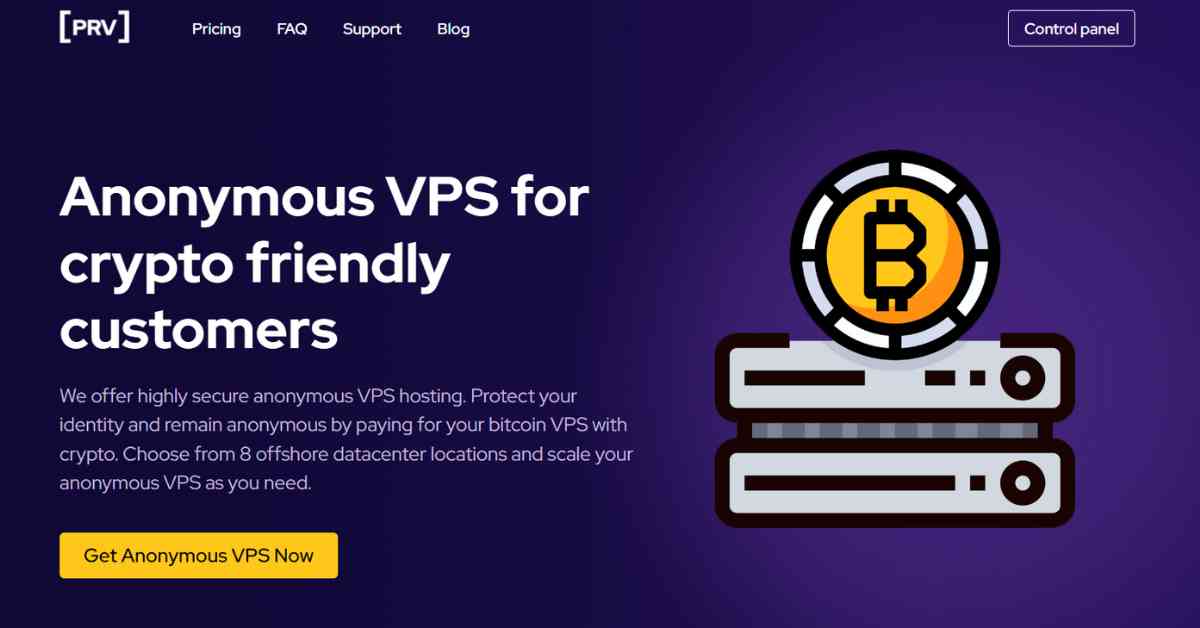Online privacy is a critical concern in today’s world, where the Internet has become an integral part of our daily lives. It refers to the protection of personal information and data that individuals share online, including on social media, e-commerce websites, and other online platforms.
In recent years, the issue of online privacy has become increasingly important due to the growing number of data breaches and the increasing use of personal data for commercial purposes. Companies collect and store vast amounts of personal information, including names, addresses, credit card numbers, and other sensitive information. This information is often used for targeted advertising and marketing, which can be invasive and undermine individuals’ privacy rights.
Online privacy is also threatened by government surveillance programs that collect and store vast amounts of personal data. These programs are often justified as necessary for national security, but they can also violate individuals’ privacy rights.
Despite the challenges, there are ways to protect privacy online. First, individuals can be more cautious about sharing personal information online, providing only the minimum necessary information to sign up for an account or purchase. Second, individuals can use privacy-enhancing technologies such as anonymous hosting, such as an anonymous VPS (Virtual Private Server) or VPN (Virtual Private Network), to encrypt their Internet traffic and protect their data from unauthorised access.
Individuals can also use privacy settings on social media and other online platforms to limit the amount of personal information they share. They can also use strong and unique passwords to protect their accounts and regularly monitor their accounts for suspicious activity.
What exactly is Anonymous Hosting?
Anonymous hosting refers to web hosting services that do not require users to provide personal information or reveal their identity. These hosting services allow websites to be hosted and maintained without sharing information such as name, address, and contact details.
Anonymous hosting provides a degree of privacy and protects users from being tracked or monitored. It is important to note that anonymous hosting services offer the same level of security and reliability as traditional hosting services without revealing your true identity.
Anonymous VPS
Anonymous hosting services base their infrastructure on VPS technology. A virtual private server (VPS) is a virtual machine sold as a service by an anonymous hosting service. An anonymous VPS, as the name suggests, is a VPS service that does not require the user to provide any personal information. Anonymous VPS hosting services are becoming increasingly popular with individuals and organizations that value privacy and security.
An anonymous VPS offers users a high level of privacy by allowing them to run their virtual machines without revealing their identity. For example, individuals running websites or companies dealing with sensitive information can use an anonymous VPS to protect their data and user information. Investigative journalists can create an anonymous blog. Anonymous VPSs can be used for any application that requires a certain level of privacy.
Furthermore, anonymous VPS hosting services can provide a level of security that is not possible with traditional hosting services. Because the virtual machine runs on a remote server, users can enjoy a higher level of protection from cyberattacks and hacking.
In addition to privacy and security, anonymous VPS hosting services can offer users greater flexibility and control. For example, users can customize their virtual machine to meet their specific needs, such as installing the operating system of their choice and running multiple applications.
Anonymous VPS hosting services offer better performance compared to traditional shared hosting services because the virtual machine has its own dedicated resources, such as memory, processing power, and storage.
The Technology Behind Anonymous VPS
An anonymous virtual private server (VPS) is a virtual machine that operates as a dedicated server within a shared hosting environment. In other words, a VPS allows users to host their own website or application on a virtual machine that is isolated from other users and operates as its own separate server.
A VPS gives users more control and flexibility than shared hosting because they have access to their own virtual machine with dedicated resources such as memory, storage, and processing power.
Full root access allows users to install the operating system and software of their choice and configure the server to meet their specific needs.
A VPS operates on a shared physical server divided into multiple virtual machines, each with its own operating system, applications, and data. This allows users to enjoy the benefits of a dedicated server, such as increased security and performance, at a lower cost than a dedicated physical server.
In conclusion, online privacy is a critical issue in today’s world, and individuals must be proactive in protecting their personal information and data. While there are many challenges, individuals can take advantage of privacy-focused technologies and be more cautious with their personal information online to protect their privacy rights.
Anonymous VPS hosting services provide users with a high level of privacy and security. Users can enjoy the benefits of anonymous VPS hosting while minimizing potential risks and privacy breaches by revealing their identities.












